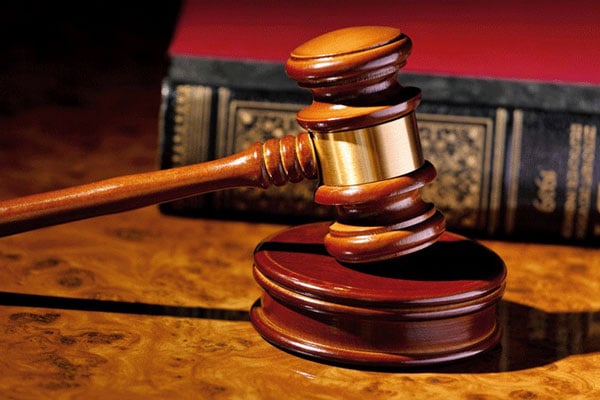Bail conditions should not be set unreasonably

What you need to know:
- Bail basically entails releasing an accused person from physical custody and he or she enjoys liberty to attend to the trial of charges against them without being under the confinement of prison authorities.
Bail is one of the rights provided for under the 1995 Constitution of the Republic of Uganda as amended by virtue of Article 26 (6) (a) available to an accused person. Bail refers to security required by a court for the release of a prisoner who must appear in court at a future time, security entailing cash or bond as per the Black’s law Dictionary, 9th Edition.
Court has expounded on the definition of bail in the case of Col (Rtd) Dr Kizza Besigye versus Uganda Criminal Application no. 83/2016,to include recognizance entered into by the accused himself conditioning a person to appear and failure of which may lead to warrant of arrest and confinement in prison till the trial of the case is heard and finalized ,it may also lead to forfeiture of the recognizance by the accused and sureties where by they are ordered to deposit the money they were bound to court.
Bail basically entails releasing an accused person from physical custody and he or she enjoys liberty to attend to the trial of charges against them without being under the confinement of prison authorities. Courts have the discretion to grant or not to grant bail to an accused person on such conditions it considers to be reasonable but reasonableness in particular circumstances can be interpreted depending on the set of facts before a particular judicial officer factoring one’s interests thus amounting to abuse of such powers in some circumstances.
It should be noted that courts have held that discretion must be exercised without malice, ill will, ulterior motives or regard to external influence or circumstances; this applies to both high court and subordinate courts. Even when conditions for bail are being set caution must be exercised by the presiding judicial officer.
Recently Dt Besigye was granted bail before Buganda road court when he appeared before a Grade one magistrate on condition that he pays cash bail of Shs30 million which in my view I also find to be very unreasonable and rightly opted to appeal against. Most of the pronouncements expounding the legal principles of bail by courts law were as a result of cases by Dr Besigye where he appeared as a petitioner or as an accused person.
Dr Besigye’s case is one of the several cases where tough bail conditions are set unreasonably. Majority of the case may not be brought to the attention of the public through the media because the accused persons are not political figures or for some other reasons but reality is very many accused persons who are not even in position to hire advocates have been remanded to prison because they can’t afford to cash bail.
The law provides that an accused person can appeal against such a ruling where they feel the bail conditions are tough and unreasonable but this is not an immediate remedy due to the backlog of cases pending before courts, securing an appeal hearing date is a walk in the park itself. By the time an accused applies for bail they are desperate to gain liberty from custody as they prepare their defense of their case.
There are instances where presiding judicial officers during bail applications order accused persons to deposit land titles as a condition among others for them to be granted bail. Imagine scenarios where the only land title the accused has to their name amounts to matrimonial property or even family land, the title itself could have a mortgage registered on it definitely the accused will not be in position to fulfil this condition.
When such unreasonable bail conditions are set then majority will be remanded which will contribute to congestion in prisons and also result in deprivation of rights of the accused and then tactful denial of bail turn out to be a punishment thus in conflict with the legal principle of the law that provides for presumption of innocence.
There has always been a lacuna in the laws to do with bail especially in terms of application but this can be cured by putting bail guidelines in place for courts to follow for instance clearly stating the threshold in terms of money to be paid by an accused person for a particular offence and property that can be used as security in court for bail. This will also cure the abuse of discretionary powers by some judicial officers.
Authored by Brian Kisomose,
Advocate and a legal practitioner of the high court




